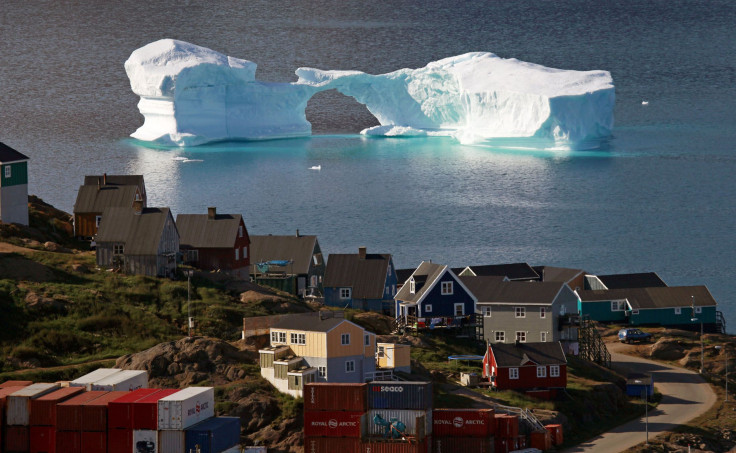Greenhouse Gas Levels Reaching Record Highs, Rising At Surprisingly Faster Rate, UN Reports

Greenhouse gas pollution in the planet’s atmosphere reached record-high levels last year, a new report shows. The surge was largely driven by carbon dioxide, levels of which increased more between 2012 and 2013 than during any other year in the past three decades.
In 2013, concentrations of CO2 in the atmosphere were 142 percent higher than pre-industrial levels. For methane and nitrous oxide, two other potent greenhouse gases, concentrations hit about 250 percent and 120 percent above 1750-era levels, respectively, according to data released early Tuesday by the United Nations’ meteorological advisory body.
Partly to blame are “human activities such as the burning of fossil fuels,” Michel Jarraud, the World Meteorological Organization’s secretary-general, said in a statement. As the world’s economies continue to depend on coal, oil and natural gas for electricity and transportation, more heat-trapping emissions are spewing into the atmosphere.
“We know without any doubt that our climate is changing and our weather is becoming more extreme” as a result, he said.
But the scientists said the new data reveal a potentially more disturbing development with CO2 levels in particular.
Normally when CO2 is emitted, about half of it is absorbed by both the oceans and the biosphere (all of the world’s ecosystems put together). The other half stays in the atmosphere, building up and helping to cause global warming. The report suggests that in 2013, the biosphere absorbed less CO2 than usual, which in turn created higher levels of CO2 in the atmosphere.
“If the oceans and the biosphere cannot absorb as much carbon, the effect on the atmosphere could be much worse,” Oksana Tarasova, a scientist and chief of the WMO’s Global Atmospheric Watch program, told the Washington Post. The network collects data from 125 monitoring stations worldwide.
“It could be that the biosphere is at its limit, but we cannot tell that at the moment,” Tarasova told BBC News. “We don’t understand if this is temporary or if it is a permanent state, and we are a bit worried about that.”
The annual report, called the Greenhouse Gas Bulletin, for the first time included data on the effects of CO2 in the oceans. The higher concentrations are causing ocean “acidification,” a process that alters marine ecosystems and damages coral reefs. Scientists said current rates of acidification are “unprecedented at least over the last 300 million years.”
Jarraud warned that “past, present and future CO2 emissions will have a cumulative impact on both global warming and ocean acidification,” he said in the statement. “The laws of physics are non-negotiable.”
A separate UN report said earlier this month that significant reductions in greenhouse gas emissions will be needed by 2050 to avoid the worst possible effects of global warming, which is already being felt on all continents and across the United States.
© Copyright IBTimes 2025. All rights reserved.





















